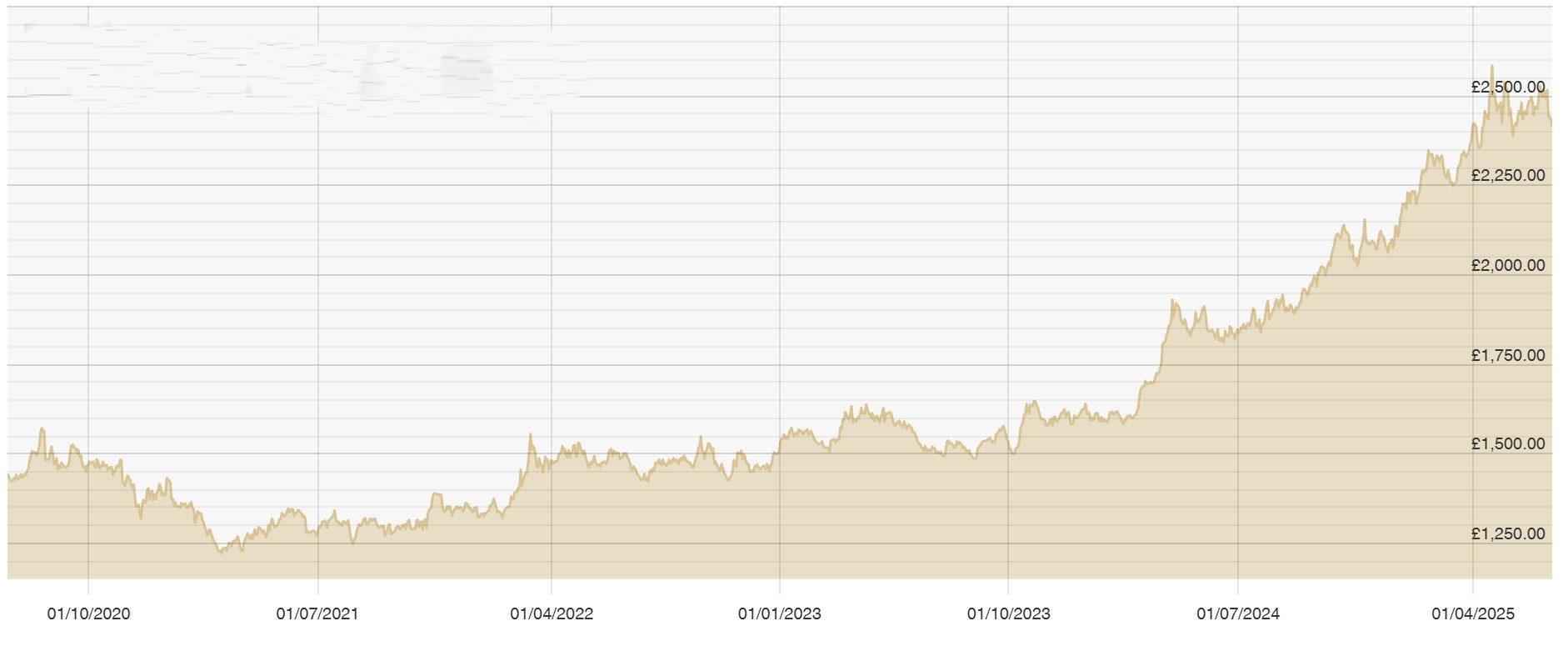
Savings & investment

However, there are investments which fall outside these categories which can form part of a portfolio: alternative investments.
Here we take a look at what alternative investments are, how they can help with your investment planning and how getting the right advice can assist you on your alternative investment journey.
Alternative investments are financial assets outside of conventional stocks, bonds, mutual funds, exchange-traded funds and cash.
Examples of alternative investments include private equity or venture capital, hedge funds, art and antiques, commodities, and derivatives contracts. Real estate is also often classified as an alternative investment.
Depending on the individual investment and on individual circumstances, alternative investments have the potential to offer a degree of protection from market-driven volatility and some possible growth opportunities.
If used carefully, they can help to further diversify an investment portfolio, making it potentially less susceptible to sudden shocks.
For example, gold has been seen as something of a ‘safe haven’ for investors for many years, particularly during times of uncertainty.
While past performance is not a reliable indication of future performance, it is a fact that the price of gold has risen considerably over the past five years, from £1,420 an ounce in July 2020 to £2,421 an ounce in June 2025, as shown in this chart from gold.co.uk

Of course, other assets have also increased in value over the same time period, but gold has proved to be a resilient asset for many years, particularly during times of high inflation.
Infrastructure investments are currently rising in popularity and prominence with government spending in the UK and abroad on large-scale projects on the increase.
This can be in the form of direct investments in investment trusts who own infrastructure assets such as airports and ports or via tracker funds which focus on the infrastructure sector.
In the case of the Fairstone Nova model portfolio range, this includes investment in infrastructure owners as part of the diversified portfolios on offer.
Real estate is also a popular form of alternative investment, whether that is via direct stakes in property developments or via investments in real estate funds or real estate owners.
Risks associated with alternative investments follow a broadly similar pattern to risks with conventional investments: prices can go down as well as up, past performance is no indication of future performance and you may not get back the full amount you invested.
As with conventional investments, alternative investments offer varying levels of risk and reward.
In the case of investments in some physical assets – such as art or antiques – added to the risk of fluctuating asset prices are the risks of veracity (is the piece of art you have invested in genuine?) and liquidity (you will need to find a buyer for the asset you own in order to realise a return on your investment).
Alternative investments are not something for the beginner.
As with any form of investment, you should regard investments in alternatives as long-term and ensure they fit in with your overall attitude to risk and your financial circumstances.
Consulting a financial adviser will help you get your investment planning in line with your approach to risk and your overall financial goals. This will help you to see whether alternative investments could form a useful part of your portfolio and, if so, how best to incorporate them.
At Fairstone, our advice offering includes alternative investments in the context of managed investment funds, though we do not undertake transactions in alternative investments directly.
Alternative investments can help to create a diversified investment portfolio that is less susceptible to economic and stock market volatility.
A financial adviser can assist you in deciding whether such investments are right for you and your family.
If you’re considering alternative investments, talk to an adviser today.
| Match me to an adviser | Subscribe to receive updates |
This article is for informational purposes only and does not constitute financial, tax, or legal advice. Tax treatment depends on individual circumstances and may change. Always seek professional advice before making financial decisions.